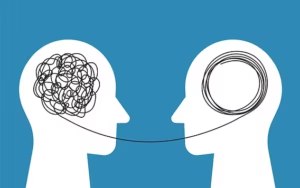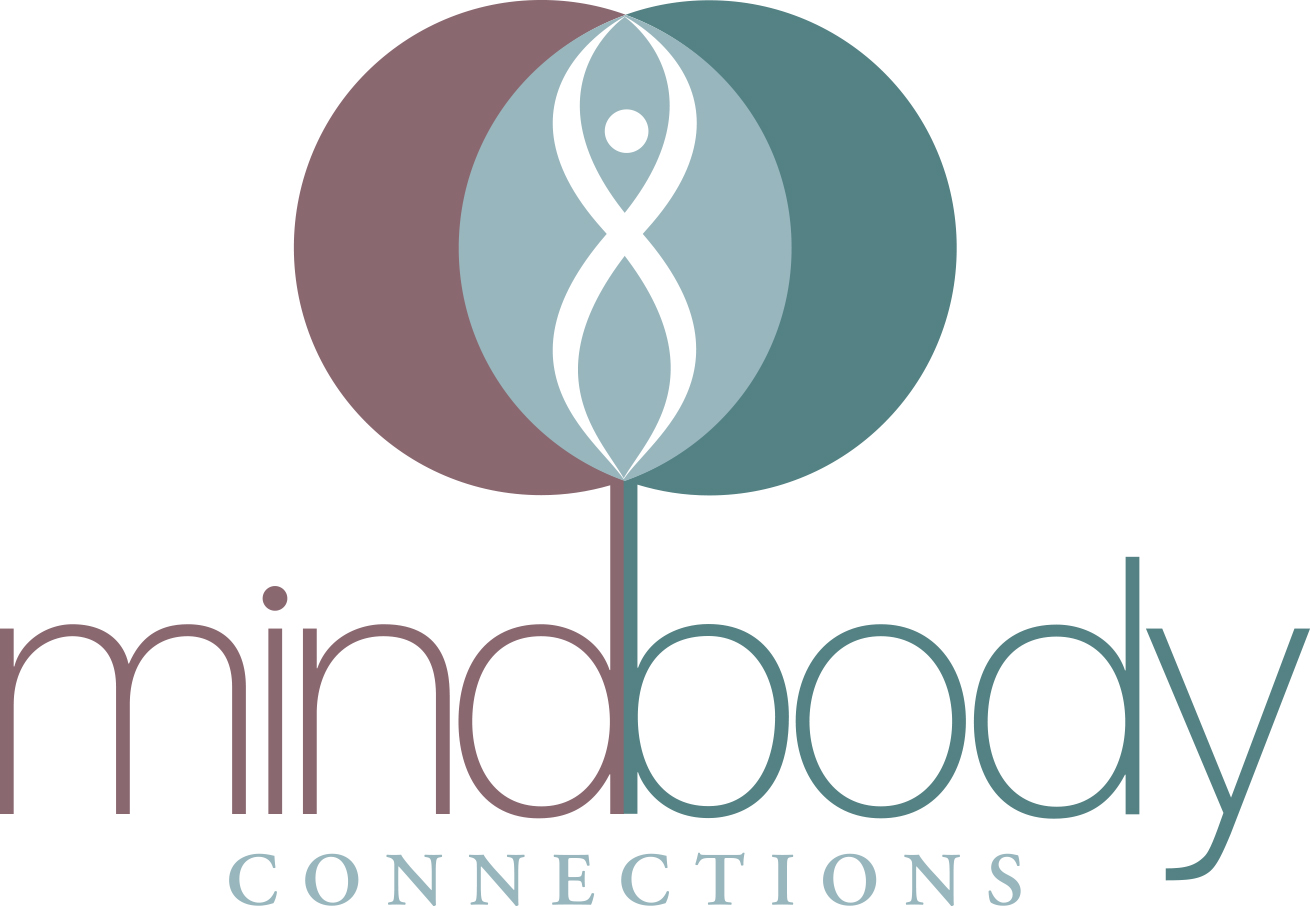
I have almost 25 years of working with the Internal Family Systems (IFS) model and I can genuinely say that there is not an approach that has felt so transformative for myself or for the people I work with.
Like many of us, I believed for a long time that certain emotions, thoughts, or behaviors were “problems” to fix or to “get rid of.” And because of IFS, I have understood that every part of us – even the parts that seem self-sabotaging or painful – has a purpose and should be understood.
Why Use Internal Family Systems Therapy?
Encourages Self-Compassion – Instead of viewing difficult emotions or behaviors as problems, IFS helps people see them as parts that need understanding and healing.
Addresses Trauma Without Re-Traumatization – IFS allows people to heal from significant traumatic events by remapping the experience, so the client no longer experiences the memories in the same way
Helps Resolve Inner Conflict – Many people experience conflicting thoughts and emotions (e.g., “Part of me wants to take a risk, but another part is terrified”). IFS helps bring harmony to these conflicting parts.
Empowers the Self – The therapy assumes that each person has a core “Self” that is wise, calm, and capable of healing wounded parts.
Reduces Shame and Guilt – By understanding the protective roles of different parts (like an inner critic or perfectionist), clients can transform these parts with this newly developed capacity for self-compassion instead of self-judgment.
How Does IFS Work?
IFS sees the mind as made up of different “parts,” similar to a family system, with the Self as the natural leader. The therapy process involves:
- Identifying Parts – The therapist helps the client recognize different parts within themselves, such as:
- Protectors – These parts prevent pain or vulnerability (e.g., a perfectionist, an inner critic).
- Exiles – These are wounded parts, often carrying pain, shame, or trauma.
- Distractors – These parts jump in to numb pain (e.g., through addiction, avoidance, or dissociating).
- Building a Relationship with Parts – Clients learn to communicate with and understand their parts rather than suppress or fight them.
- Unburdening Exiles – The Self helps heal wounded parts by releasing painful emotions and beliefs they’ve been carrying.
- Restoring Balance – Once wounded parts are healed, protectors and distractors no longer need to act in extreme ways, leading to a greater sense of peace.
An IFS therapist can support a client in removing the barriers that keep a client from living their best life. If you are interested in exploring IFS, please email or text me to set-up a free 20-min phone conversation, so we can determine if we would be a good fit for each other.
